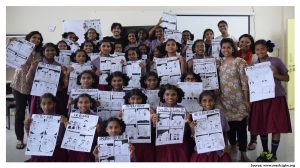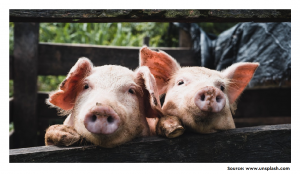Antimicrobial resistance (AMR) is a developing global public health concern having bio-social aspect in it. Although AMR is a biological phenomenon, the factors that contribute to the emergence and spread of resistance genes are largely social, and include antibiotic prescription and usage behaviour, and waste management. The World Health Organization (WHO) had emphasized the need of cultural context for understanding and developing solutions for AMR. Despite these calls, there have been very few studies that address both the biological and social aspects of AMR at the same time, limiting the chances to approach the problem from a transdisciplinary perspective. Considering this, the authors introduce a new methodology, ‘stool and stories’ having concepts of both microbiology and sociology.
This longitudinal study was conducted amongst students travelling to India from different parts of the world, focused on acquisition of multidrug resistance genes extended-spectrum beta-lactamase (ESBL) enzymes of the CTX-M group and the NDM-1 carbapenemases. The incidence of these resistance genes increased significantly during travel, indicating that international mobility is a potential risk for AMR acquisition. Participants thought about AMR mostly in terms of individual antibiotic use or its presence in a clinical setting, but not in terms of travel. These findings point to a significant gap in our understanding of AMR as a bio-social issue, raising concerns regarding the efficacy of biologically based AMR stewardship programmes among travellers.
To learn more about the bio-social aspects explored in the study, please visit the website of BMC (Link).







